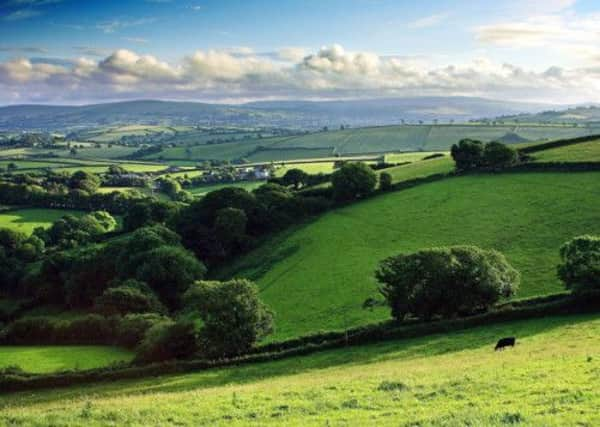Farming news: Date for harvest


The initiation of flowering in cereals and temperate grasses is mainly controlled by a combination of vernalization and day length and a cooler than normal spring is unlikely to greatly influence either.
Vernalization, the exposure of seeds and seedlings to a period of low temperature, can, for certain crops such as winter cereals, be a dominating factor in determining the flowering behaviour at latter stages in the crop development.
Advertisement
Hide AdAdvertisement
Hide AdWinter cereals which are exposed to low temperatures (30C and under) at a seedling stage followed later by long days start to initiate flowering earlier.
It could be argued that winter crops are now teed up for normal or slightly earlier harvest as a result of the vernalizing effect of the cold conditions experienced so far this year.
Flowering initiation in spring cereal crops is only weakly influenced by temperature and for it the main trigger is light.
On many farms the sowing of spring barley crops was delayed because of the poorer weather but, because flowering and subsequently harvest is influenced by light and day length, a two or three week delay in spring seeding does not mean that harvest will be delayed. Harvest date will be far more greatly influenced by the weather conditions which are to come rather than those which are now past.
Advertisement
Hide AdAdvertisement
Hide AdWhile the colder conditions this spring are likely to have a very limited effect on the harvest date that does not mean that they will not influence crop yields. Slower growth on winter sown crops and delayed seeding of spring crops could mean that crops will build up less green leaf area before flowering is initiated and that could lead to a yield reduction.
Across the UK the area sown to spring cereal crop is up substantially on last year.
A wet autumn and poor winter meant that large parts of the area normally sown to winter crop either did not get seeded or has so poorly established it has been replaced with spring cereals.
As a result of this, and given a normal growing season, there should be more feed barley available in the autumn but feed wheat will be in limited supply.
Advertisement
Hide AdAdvertisement
Hide AdTemperate grass species are subject to similar controls on flower initiation to cereal crops.
The initiation of flowering is also strongly influenced by daylight and as a consequence even although grass growth has started quite a bit later than normal, silage crops could still reach 50 per cent ear emergence only slightly later than past years, that is if the days brighten from now onwards.